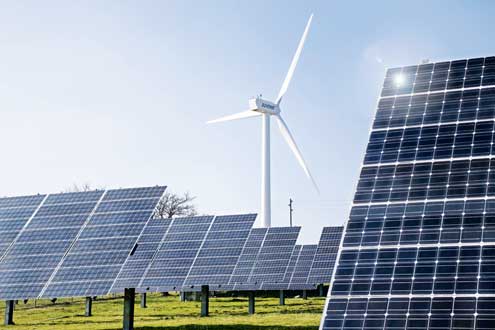How will the Energy Bill affect farmers?

The Energy Bill, announced by energy minister Ed Davey last week, aims to encourage the largest infrastructural investment this country has ever seen in low-carbon generation. This investment will be targeted at the private sector, whose development is also seen as a way of stimulating the UK economy.
The main emphasis of the bill is to encourage energy reduction; by reducing the amount of energy used, the amount that need to be produced will be reduced.
Farmers and landowners are constantly looking to reduce energy use on farm. Hopefully we will see simple and practical incentives for agricultural businesses to reduce consumption. Education will be necessary to change habits and processes to provide easy ways to reduce energy use on farm.
The bill outlines the follow-on of the Renewable Obligation Certificates (ROC) scheme from 2017 in the form of Feed-in Tariffs (FiT) with Contracts for Difference (CfDs). The introduction of this scheme will hopefully provide the security and certainty for investors to progress with projects.
For larger renewable energy projects, it is encouraging to see the government realising they need to provide market certainty in order for companies to invest. UK agriculture has many valuable resources, and as onshore wind, solar PV, anaerobic digestion and biomass technologies are all well suited to farming businesses, agriculture can play a key role in the UK energy mix.
The other significant element of the bill is to provide security to consumers by forcing energy providers to have clear and transparent tariffs and encouraging companies to ensure consumers are on the best tariff.
Many farming businesses are on complex and expensive supply tariffs and it would be great to see a simplification of tariffs and meter readings. However, many farms electricity infrastructure is old and in need of updating, which may incur significant costs.
Overall, the energy bill sets out the government’s intention to encourage investment in the energy sector to ensure the lights do not go out in the next two to five years.
We will have to see how the proposals will benefit and apply to UK farmers. The scope to reduce on-farm energy use, take up smart meters, invest in renewables and provide a clear and transparent electricity market sounds very good on paper, but we will have to see how it will be applied.
Rob Meadley is head of renewable energy services at consultancy firm Brown & Co
For more information on renewables, visit our dedicated Farm Energy page
